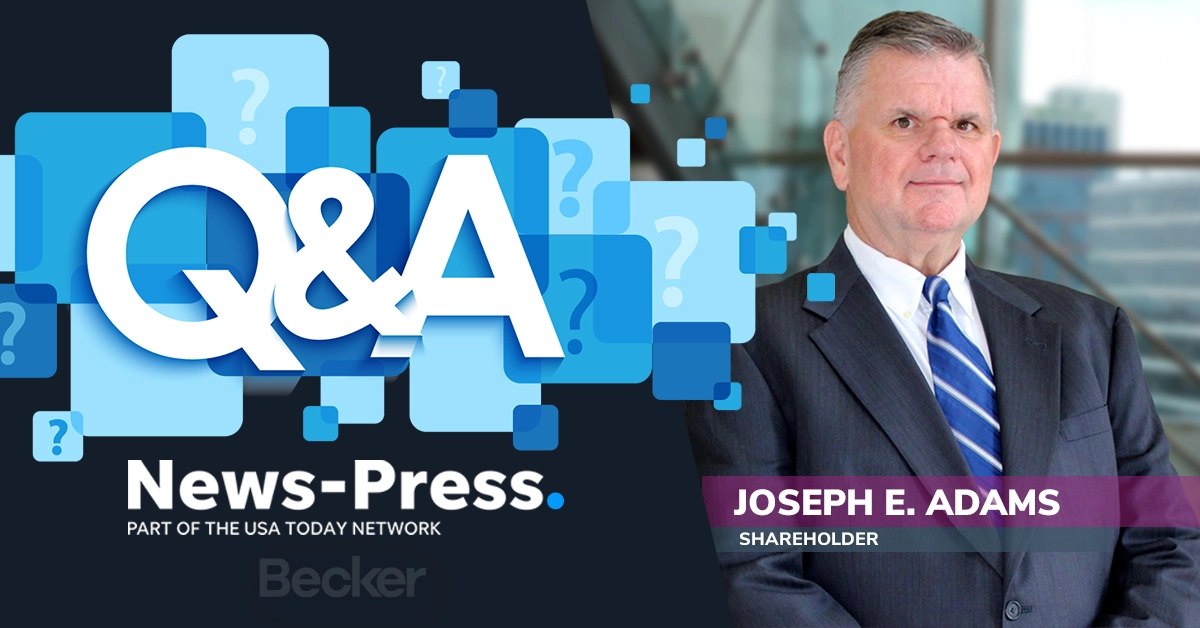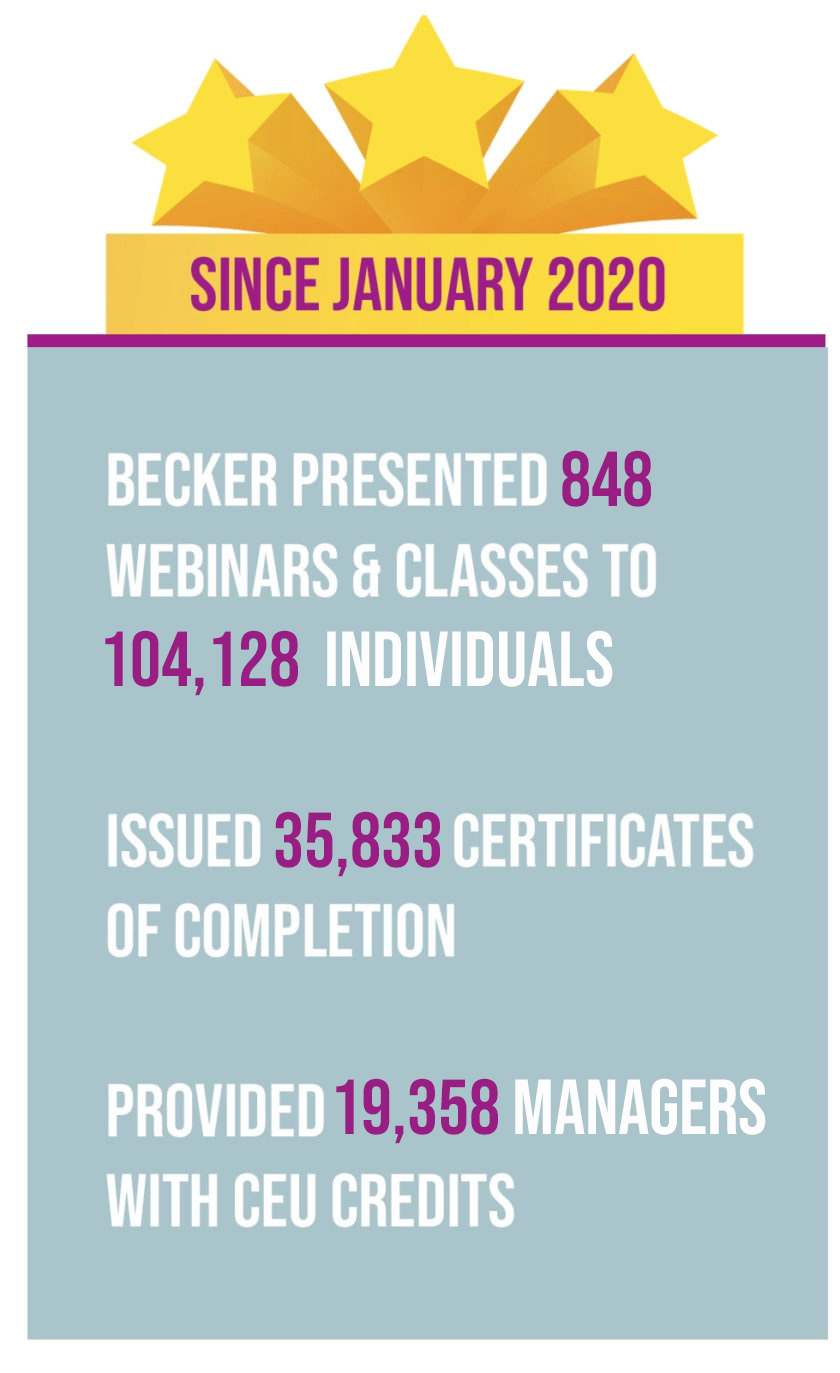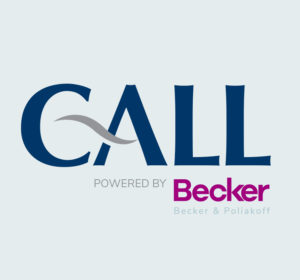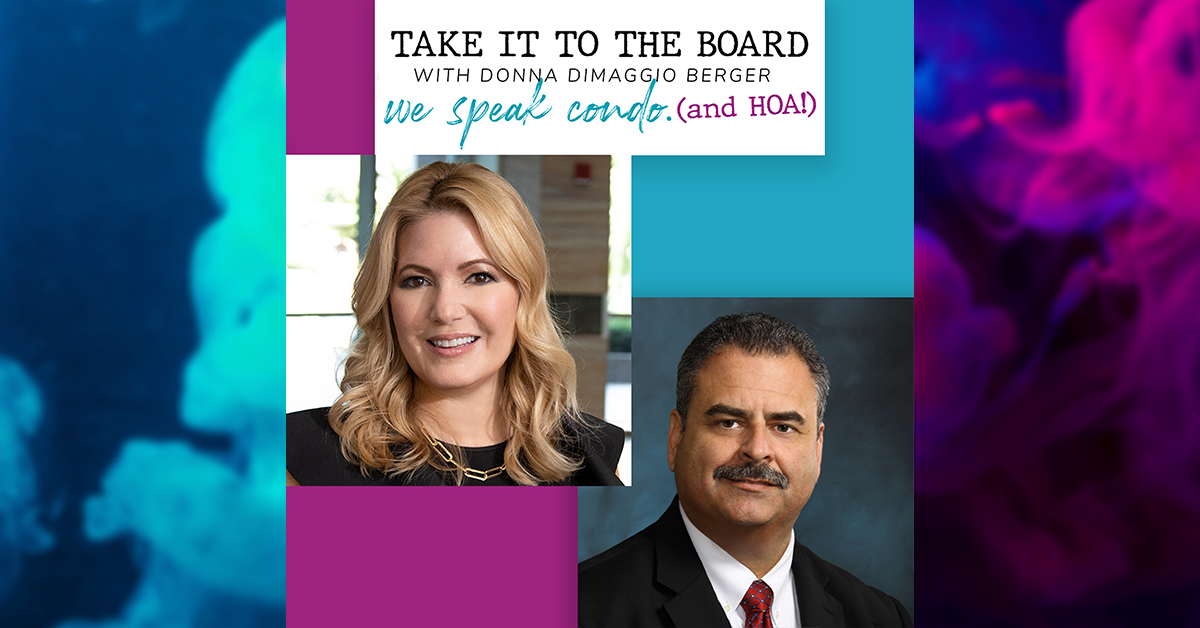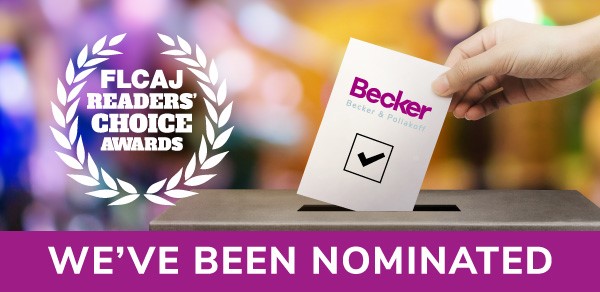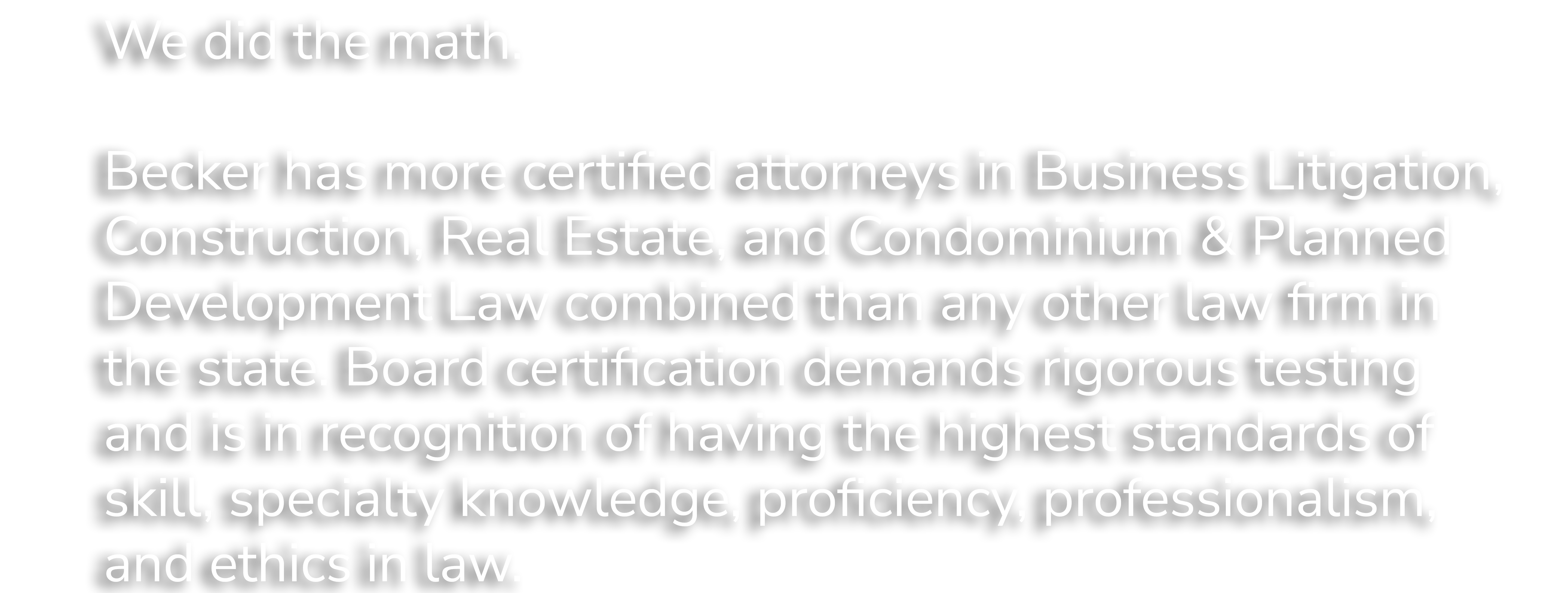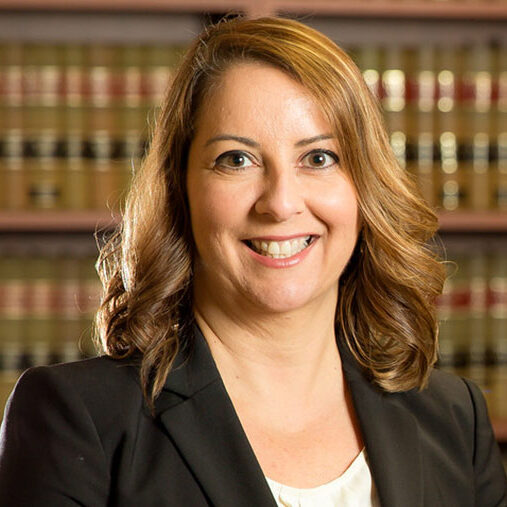Fall has arrived and with it comes the start of busy season for Florida communities. As residents return and meetings resume, now is the perfect time to refocus on board priorities. This month’s issue features timely articles on everything from best practices for board service and meeting rules to rental amendments and enhanced security measures. Don’t miss the latest installment of The Latin Corner, which addresses this year’s annual budget.
With recent changes to Florida law, condominium boards proposing an annual budget that exceeds 115% of the previous years must also provide a substitute budget that excludes discretionary expenses. In “Condominium Budgeting Has Changed,” Allison L. Hertz explains that both budgets must be sent to unit owners in advance, and why boards should consult legal, management, and accounting professionals well in advance of budget season.
If your Florida community association meetings are becoming increasingly hostile or disruptive, it may be time to consider a civility policy. But what does that mean? Mary R. Hawk outlines how associations can promote order by setting clear expectations for respectful behavior during meetings in “Does Your Association Need a Civility Policy?”
The Marketable Record Title Act (“MRTA”) generally does not affect condominium associations and co-op associations, but it does apply to the covenants and restrictions for most homeowners’ associations. While there is a procedure to preserve these documents before they expire, what happens if the deadline is missed? Elizabeth A. Lanham-Patrie provides practical guidance and a path forward in, “Have Your Covenants and Restrictions Expired? It Is Time to Revitalize.”
Under Florida law and most governing documents, associations have a broad and typically non-delegable duty to repair common elements, regardless of the source of the damage. Failing to fulfill this duty may expose associations to liability and disputes over repair obligations. In “THIS CASE: McLlenan v. Cypress Chase North Condominium No. 4 Ass’n, Inc.,” Joseph Markovich emphasizes the importance of seeking legal counsel when associations are uncertain about their repair duties to reduce the likelihood of litigation.
Articles
Condominium Budgeting Has Changed
By: Allison L. Hertz
Under a new Florida law, condominium boards must simultaneously provide a substitute budget when proposing an annual budget that exceeds 115% of the previous year’s budget. This substitute budget must exclude discretionary expenditures not required to be in the budget.
Does Your Association Need a Civility Policy?
By: Mary R. Hawk
Are your Florida community association board meetings becoming free-for-alls? Are there insults and attacks being exchanged at your member meetings? Has the world become a less kind place, even in a homeowners’ association meeting? Can’t we all just get along?
Have Your Covenants and Restrictions Expired? It Is Time to Revitalize
By: Elizabeth A. Lanham-Patrie
The Marketable Record Title Act (“MRTA”) is set forth in Chapter 712, Florida Statutes, and provides that interests in real property are extinguished after thirty (30) years, with limited exceptions, unless preserved through compliance with Chapter 712. Due to the limited exceptions, MRTA generally does not affect condominium associations and co-op associations, but it does apply to the covenants and restrictions for most homeowners’ associations.
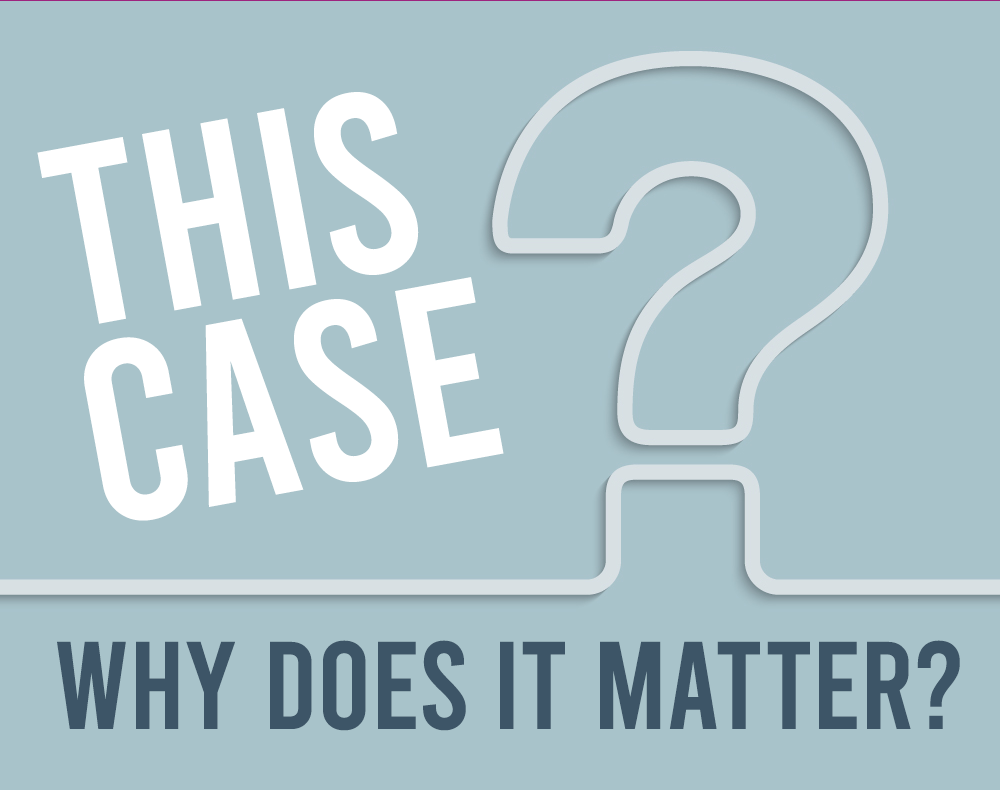
McLlenan v. Cypress Chase North Condominium No. 4 Ass’n, Inc.
387 So.3d 321 (Fla. 4d DCA 2024)
By: Joseph Markovich
Whether a condominium association has a duty to repair common elements when the damage originates from an adjacent unit is the central issue in THIS CASE. The unit owner who sued the association discovered water leaks and mold in their unit and promptly notified the association. The association claimed that repairs were the unit owners’ responsibility, as per its interpretation of the governing documents. The association apparently took the position that it was not responsible for making repairs because the leaks were caused by problems in an upstairs unit – namely, a blockage or leak in the upstairs unit’s bathtub.
The downstairs unit owner who was damaged by the leak sued the association, alleging breach of contract based upon the declaration of condominium, negligence and a violation of the Condominium Act. The association argued that it was not responsible for repairs since the damage did not originate from common elements. On appeal, the court reviewed the declaration of condominium and the Condominium Act, both of which required the association to maintain and repair common elements, defined as all property not within the units, including the space between the ceilings and floors. The court reversed and remanded, emphasizing that the association’s duty to repair common elements was not excused by the fact that the damage originated from an upstairs unit owner’s negligence.
THIS CASE highlights that under Florida law and most governing documents, associations have a broad and typically non-delegable duty to repair common elements, regardless of the source of damage. Failing to do so may expose associations to liability, and disputes over repair obligations are likely to be resolved in favor of upholding the association’s responsibilities. This can seem counterintuitive and tricky for associations to navigate. Associations should seek legal counsel when they are uncertain about their duties after water leaks are discovered to reduce to likelihood of litigation.
Latin Corner: La Hora de Preparar el Presupuesto Anual se Acerca
Por: Marty Platts
La temporada para preparar el presupuesto se acerca rápidamente, y quiero ponerlos al día sobre los cambios a la ley de condominios relacionados con la adopción de su presupuesto anual para el año 2026. Bajo esta nueva ley, cuando la junta prepara su presupuesto anual que sobrepase el 115% del presupuesto del año previo, debe simultáneamente preparar un presupuesto sustituto que no incluya los gastos discrecionales no requeridos en el presupuesto.
Question of the Month
Q: Is an amendment to our association documents legal under Florida law if it limits my right to rent out my property?
Serving on a Florida Community Association Board: Responsibilities and Best Practices
FLCAJ Magazine
By: Mark D. Friedman
I have been practicing condominium and planned development law for more than 20 years, and in that time the laws governing condominiums[i], homeowners’ associations[ii], and cooperative associations[iii] have undergone significant changes. This, in turn, has led to changes in how boards govern. For example, in condominiums gone are the days when the board’s biggest concern was receiving a warning or educational letter from the Department of Business and Professional Regulation explaining what was done incorrectly and advising them how to do better in the future. Today the board faces potential fines[iv] and, in some cases, potential civil or criminal liability. [v] As a community association attorney, my goal is to make life easier for board members and managers by educating them on how to effectively govern and manage their communities while minimizing their risk of legal penalties.
Community association boards and managers should ensure that their communities have adequate disaster planning measures in place as hurricane season approaches. To help you in weathering the storm, check out Becker’s Hurricane Guide which provides important tips and information to help protect your community.
For more information, contact your Becker attorney.
Announcing Becker’s On-Demand Class Library
The Florida law mandates that board members of HOAs, Condominiums, and Co-ops take continuing education classes annually.*
Please see our on-demand class library for an extensive list of DBPR approved classes.
Managers and board members of non-clients are welcome to take our courses for $25, unless otherwise specified. Courses are always free for board members of firm clients.
*Breakdown of class requirements for board members and managers of HOA’s, Condominiums, and Co-ops: New Florida Educational Requirements for Board Members and Managers – Frequently Asked Questions
Frequently Asked Questions regarding Becker classes: Becker Classes FAQs
Can They Do That?
Becker’s “Can They Do That” video series tackles some of the unique problems that homeowners and renters face today. We answer your questions, no matter how far-fetched they may seem. From service animals to nudists in your community, we get to the bottom of it and let you know – “Can They Do That?”
Becker Steps Up to the Mic with Podcast,
‘Take It To The Board with Donna DiMaggio Berger’
Think you know what community association life is all about? Think again. Residents must obey the rules, directors must follow the law, and managers must keep it all running smoothly. Take It To the Board explores the reality of life in a condominium, cooperative or homeowners’ association, what’s really involved in serving on its board, and how to maintain that ever-so-delicate balance of being legally compliant and community spirited. Leading community association attorney Donna DiMaggio Berger acknowledges the balancing act without losing her sense of humor as she talks with a variety of association leaders, experts, and vendors about the challenges and benefits of the community association lifestyle. Don’t have a streaming app? You can now find all episodes on YouTube! Click here to listen now.
RECENT EPISODES:
-
- Storm-Ready in Seconds: How Shark Tank’s StormBag Is Changing Hurricane and Severe Weather Prep
- When ICE Shows Up: What Every Private Community Should Know with Immigration Icon Ira Kurzban
- Lights, Cameras, Condos– Film Productions in HOAs
- Safety at Your Fingertips with Geno Roefaro of SaferWatch
- Re-Release: Keeping Cool With Jane Gilbert, Chief Heat Officer, Miami-Dade County
- Why Every Contract Needs to Be Reviewed with Becker’s James Robert Caves
- Re-Release: Understanding How to Handle your Association’s Insurance Claim with Public Insurance Adjuster Ken Shriberg
- Screening Vendors and Service People for Enhanced Security
- Smart Hiring — Vetting Lawyers to Find The Perfect Legal Partner
Screening Vendors and Service People for Enhanced Security
What’s the point of gates, guards, and security cameras if you’re letting hundreds of unscreened workers into your community? On this week’s episode of Take It To The Board podcast, host Donna DiMaggio Berger talks with security expert Mark Hall to reveal the alarming blind spot in most residential communities’ protection plans. After spending over two decades in law enforcement, Mark identified a critical vulnerability: communities invest heavily in perimeter security while opening their gates to thousands of unknown service providers each year. This realization, coupled with a horrifying incident where an air conditioning technician with a criminal record took a family hostage, led him to create the Safe Communities Vendor ID Program.
New Condo Board Meeting Rules
FCAP Managers Report
By: Howard J. Perl
Conducting board meetings under the new law, effective July 1, 2025, is a bit more cumbersome, can be confusing, and frankly not quite clear in all respects, especially in regard to video meetings and requirements for same. I will start with the basics, which have not changed too much, and then move on to the changes in regard to remote participation (Zoom or Teams) and new recoding requirements.
DID YOU KNOW?
Becker is nominated for a 2026 FLCAJ Readers’ Choice Award
Becker is honored FLCAJ Readers have nominated us in the Legal Services Category of this year’s Readers’ Choice Awards. We are grateful our clients and industry friends remain confident in our commitment to educate, protect, and advance the shared ownership communities of Florida.
While proud to be nominated, we still need your support to win the 2026 FLCAJ Readers’ Choice Award! Please click here to submit your vote for Becker! Your support is greatly appreciated!





